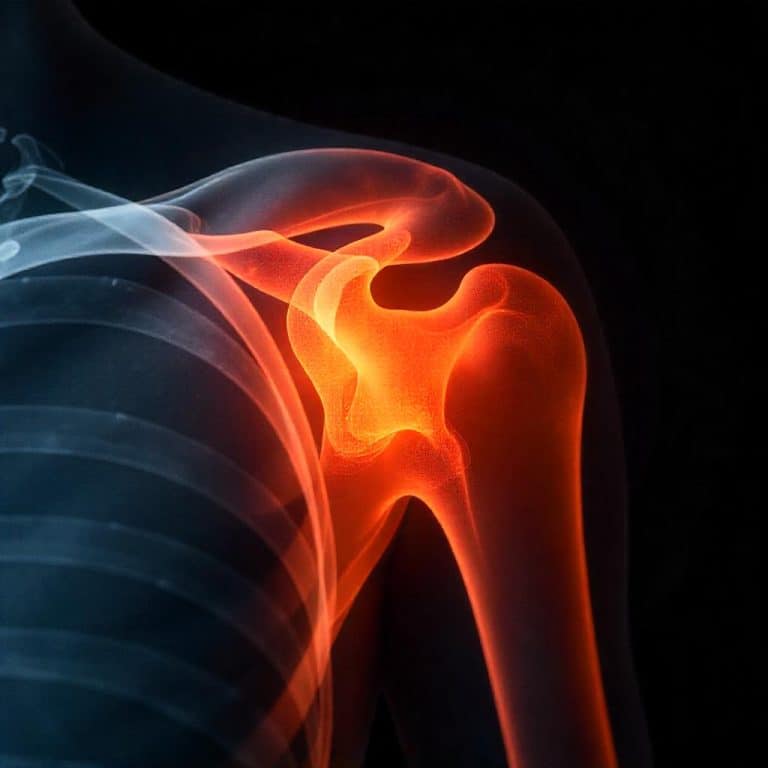Welcome to our online bones of the upper limbs quiz! In this game, you will test your knowledge on the bones that make up the arms, elbows, wrists, and hands. From the humerus to the phalanges, we will cover all the bones that help you move and use your upper limbs every day.
Are you ready to show off your bone knowledge? Take this quiz to see how well you know the bones of the upper limbs. Challenge yourself and learn more about the amazing skeletal system that supports your arms and hands. Let’s get started!
Play Bones Of The Upper Limbs Quiz
Instructions
- This quiz is multiple choice.
- Read each question carefully before selecting an answer.
- Choose the best answer for each question.
- You will see the missed questions with correct answers at the end of the quiz.
Quick Facts
- The skeletal system in the arms consists of the bones from the elbows to the fingertips.
- The upper extremities comprise the bones that make up the arms, forearms, and hands.
- The bones of the arms are essential for performing tasks such as lifting, reaching, and carrying objects.
- They are connected to the shoulder bones, allowing for a wide range of motion.
- These provide structure and support for muscles, ligaments, and tendons.
- These include the humerus, radius, and ulna.
- In the forearms they are responsible for rotating the wrists and hands.
- In the hands they consist of the carpals, metacarpals, and phalanges.
- In the upper limbs they are crucial for everyday activities such as writing, typing, and eating.
- In the upper limbs they are connected by joints, allowing for flexibility and movement.
Downloads
Study Tips
- Create a study schedule and stick to it.
- Find a quiet and comfortable study environment.
- Remove distractions such as phones and social media.
- Take breaks every 25-30 minutes to avoid burnout.
- Use active studying techniques like summarizing, highlighting, and teaching concepts to someone else.
- Practice retrieval by testing yourself with flashcards or practice quizzes.
- Stay organized with notes, study guides, and resources.
- Stay hydrated and eat brain-boosting foods like fruits, nuts, and whole grains.
- Get enough sleep to improve memory retention and cognitive function.
- Reward yourself for reaching study goals to stay motivated.
